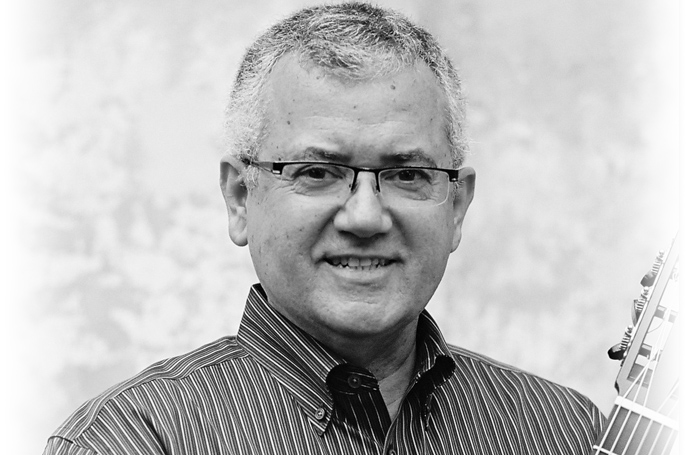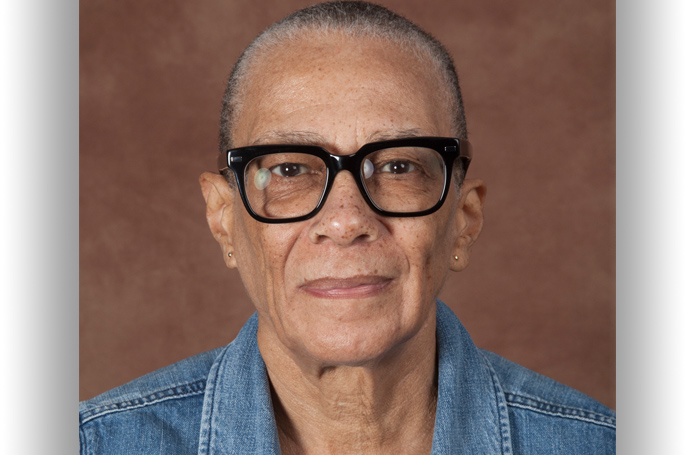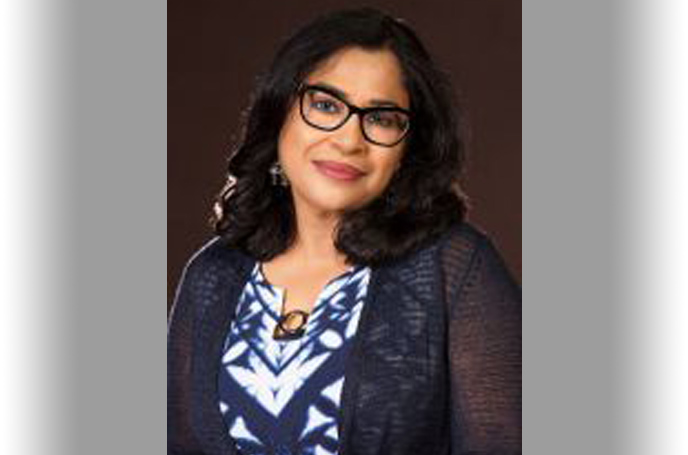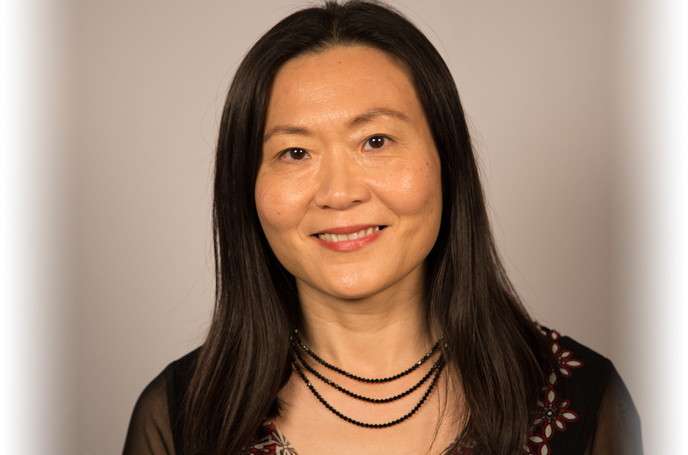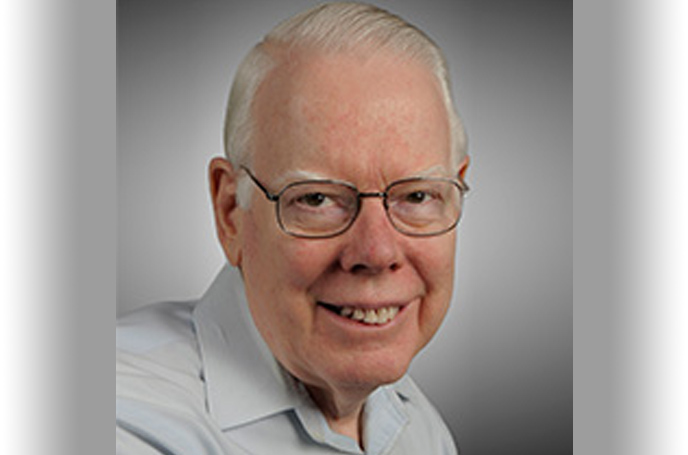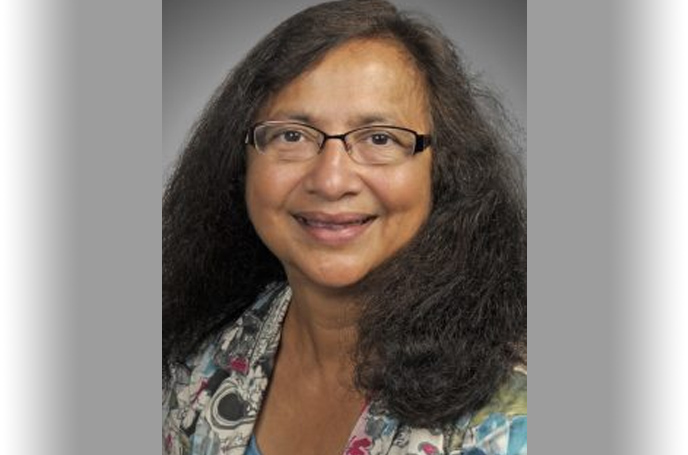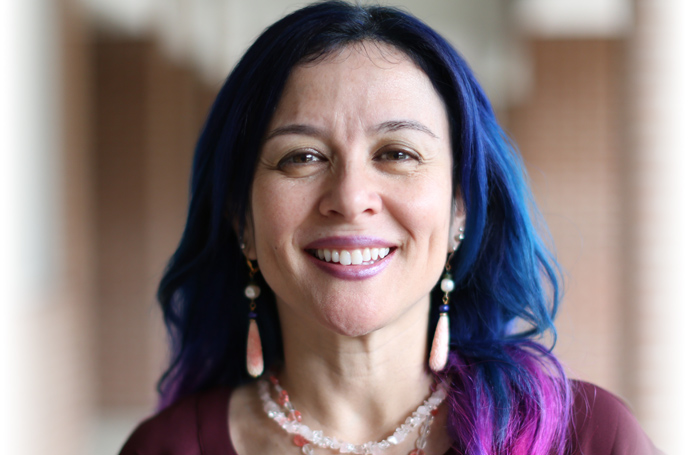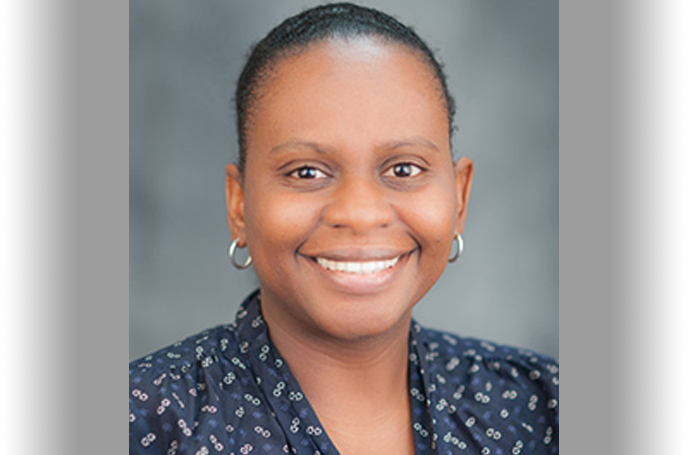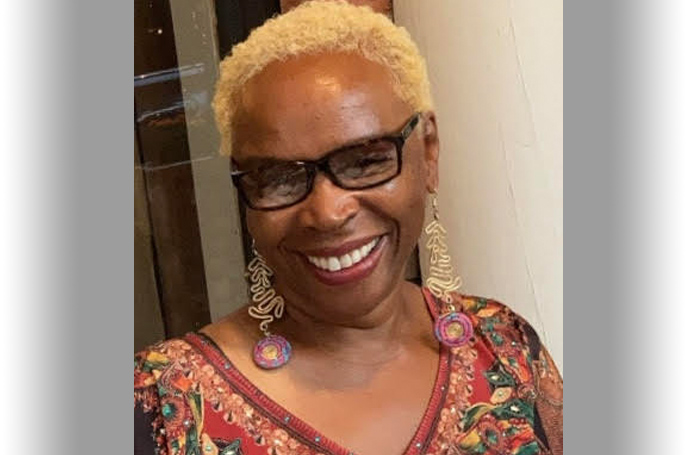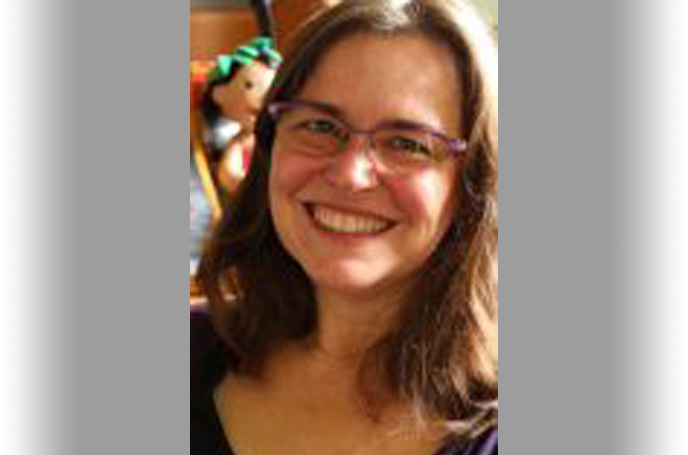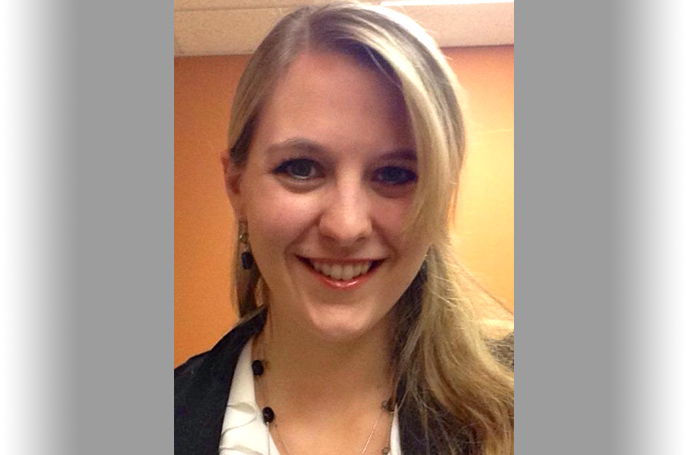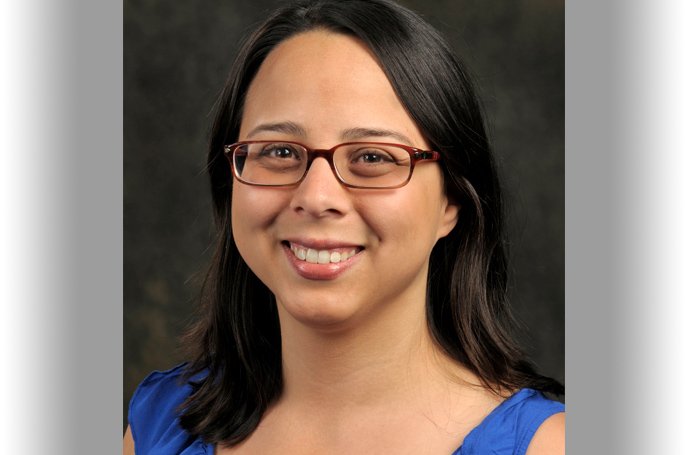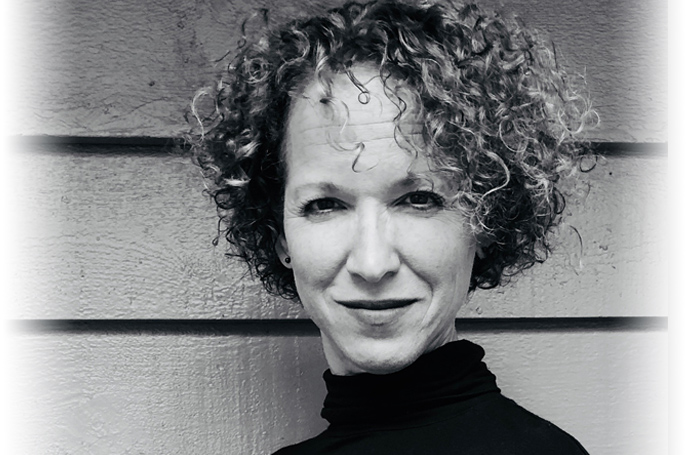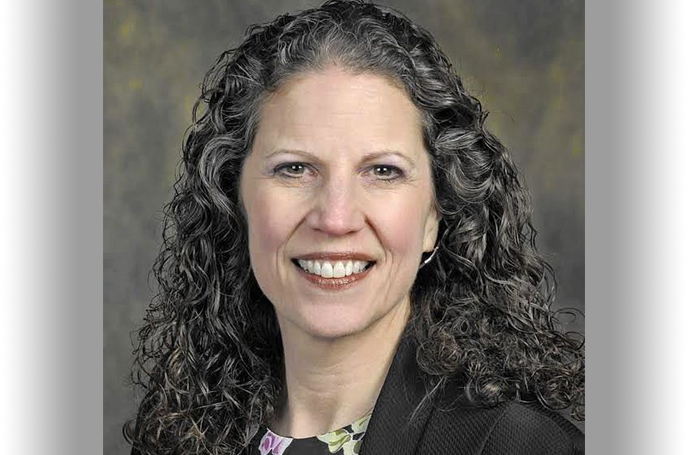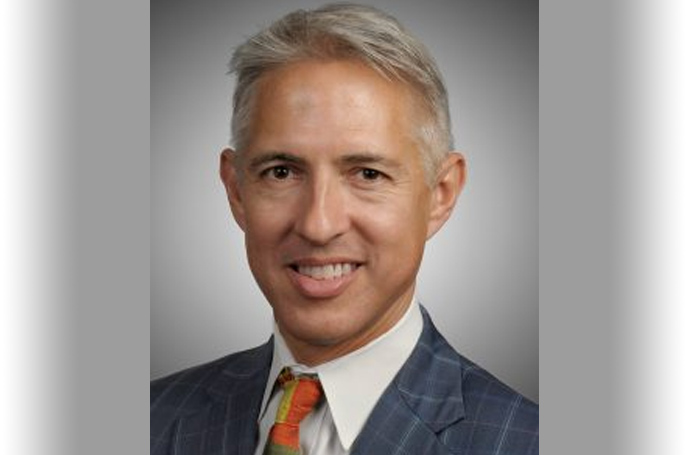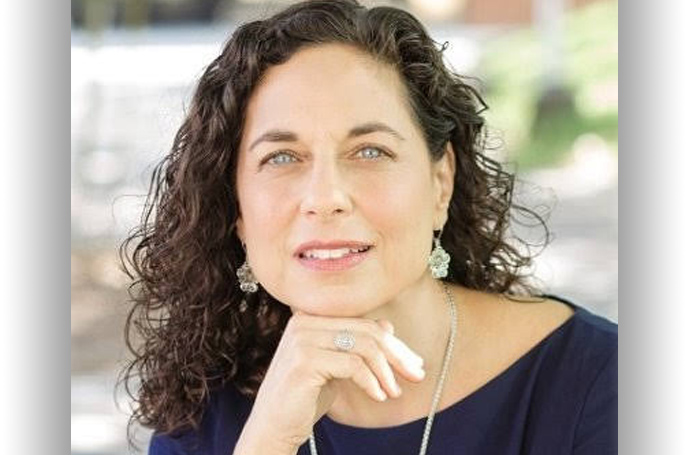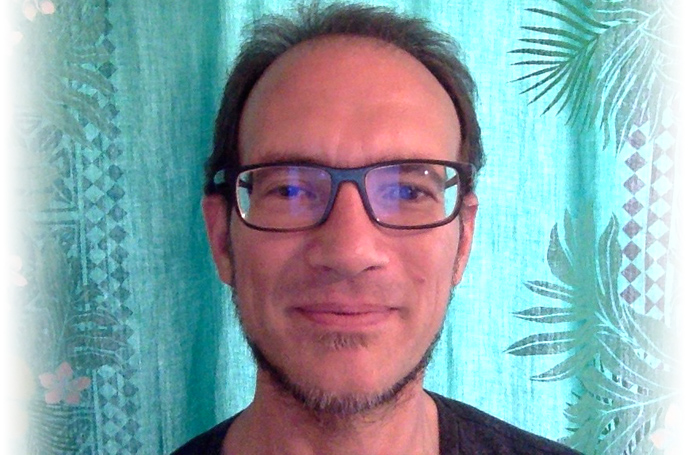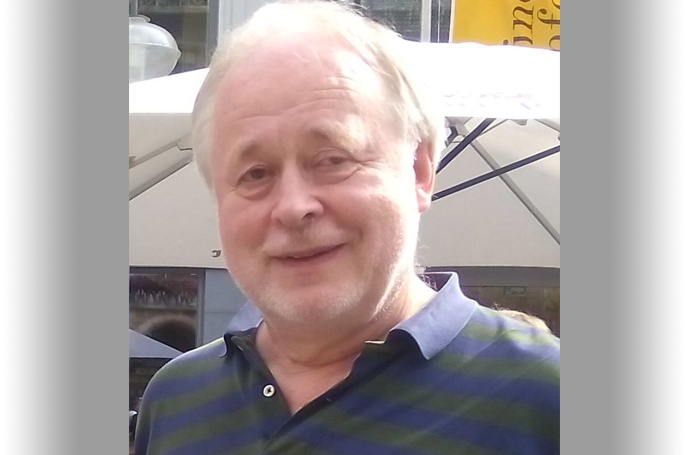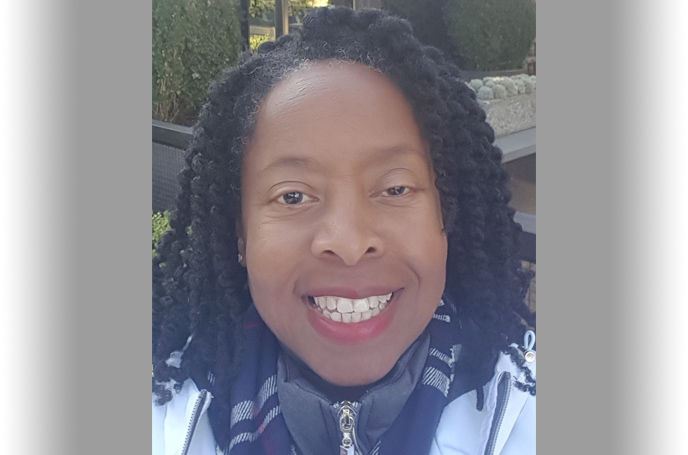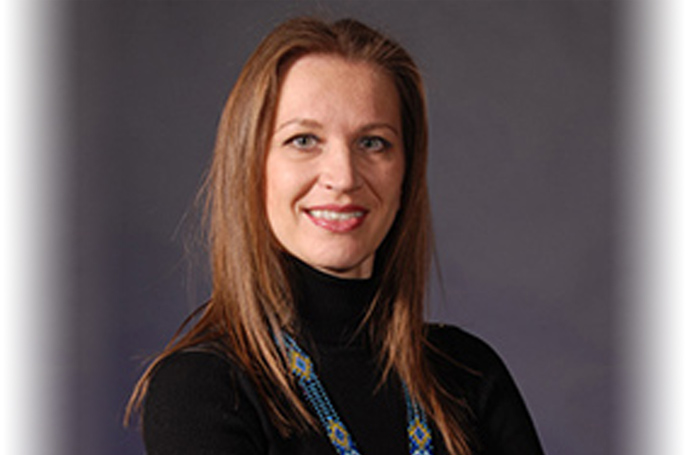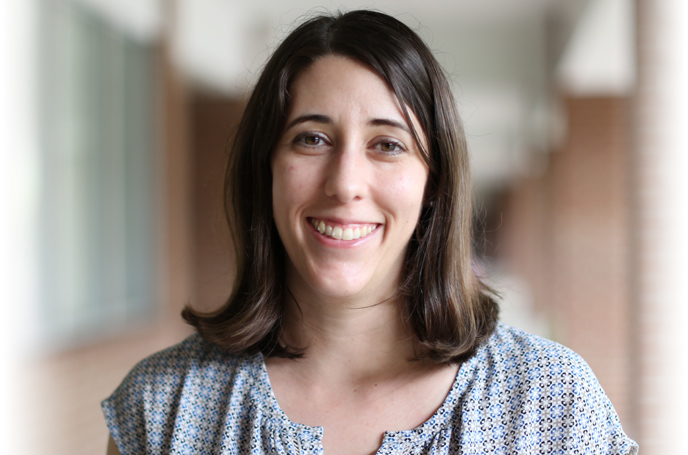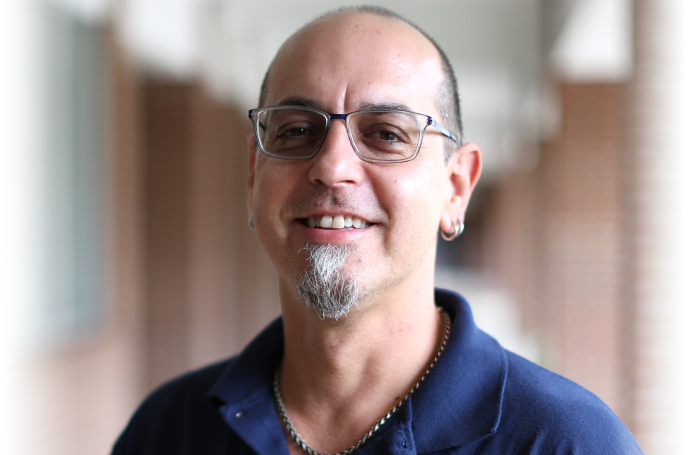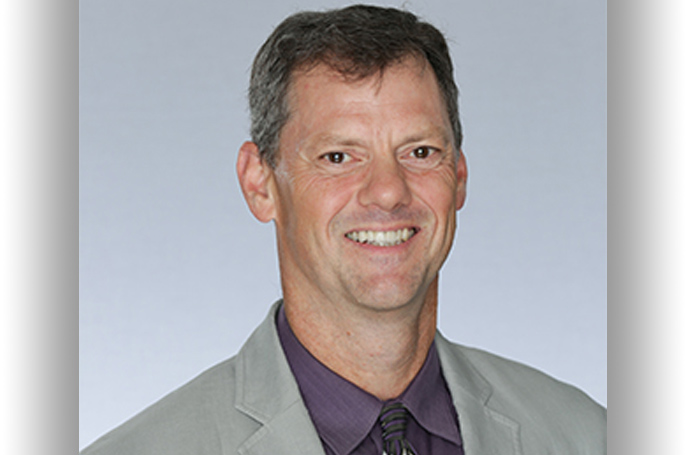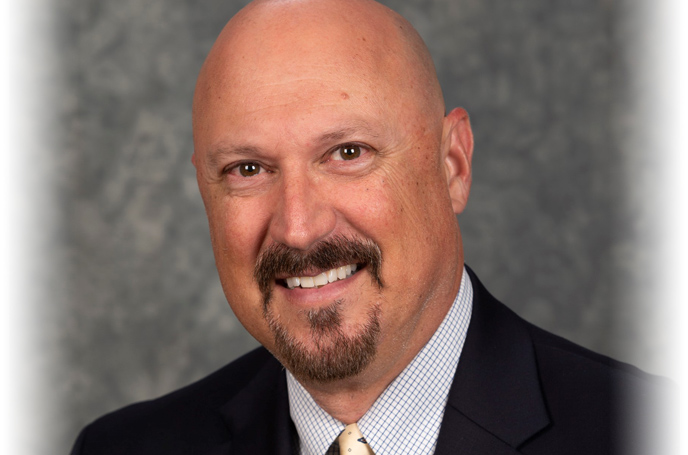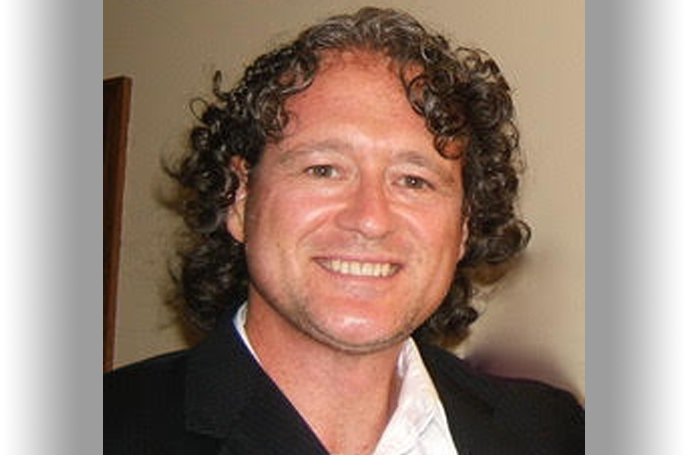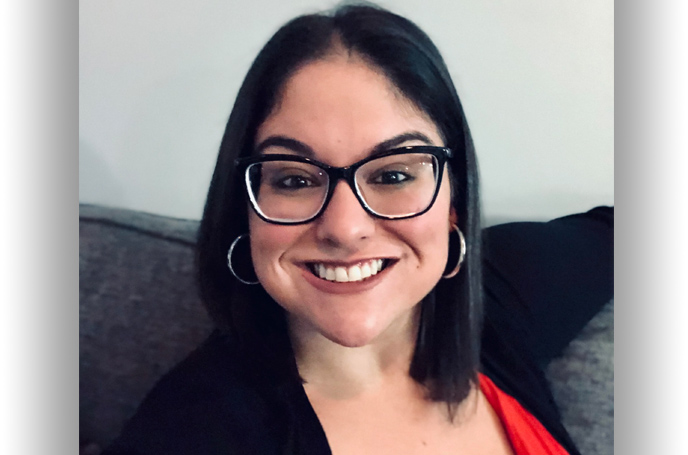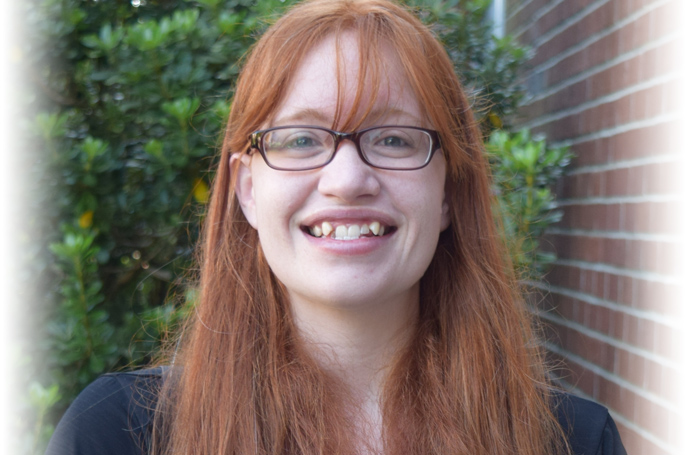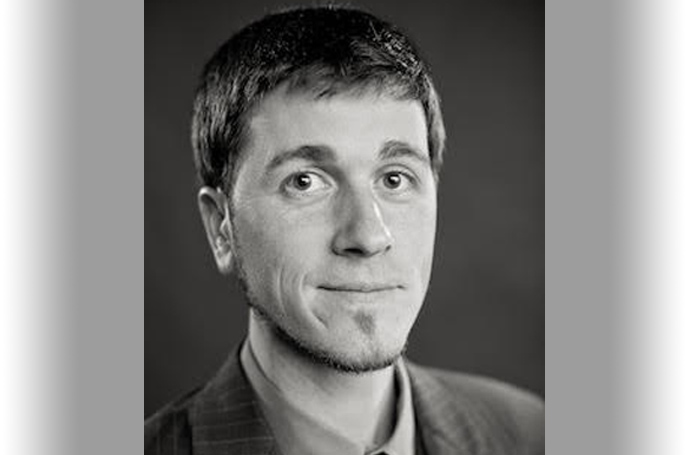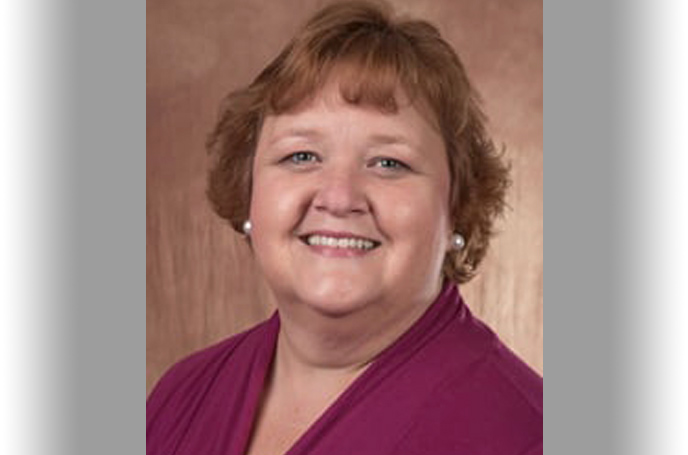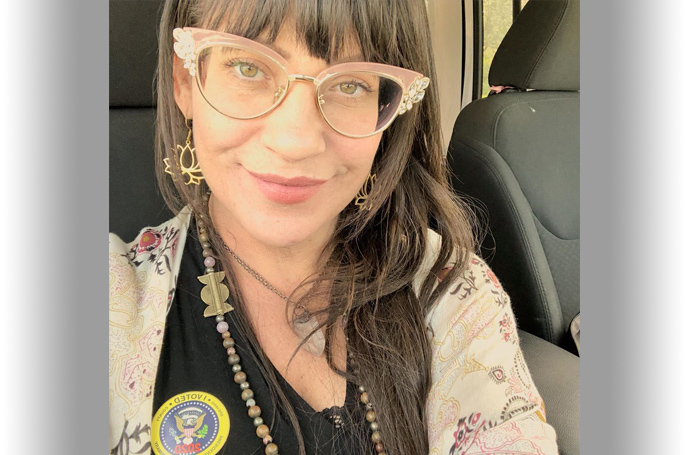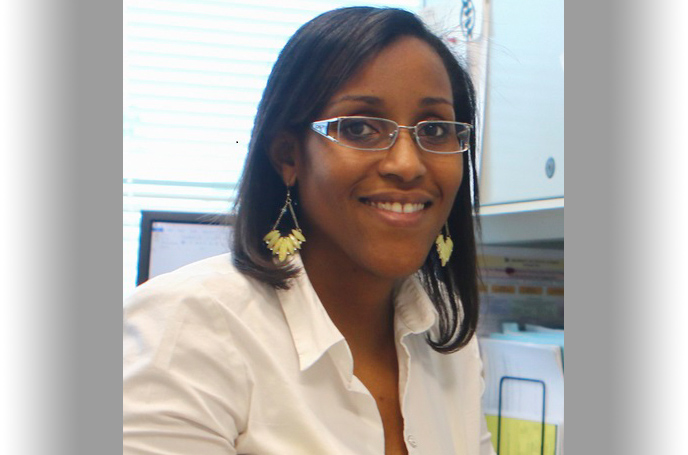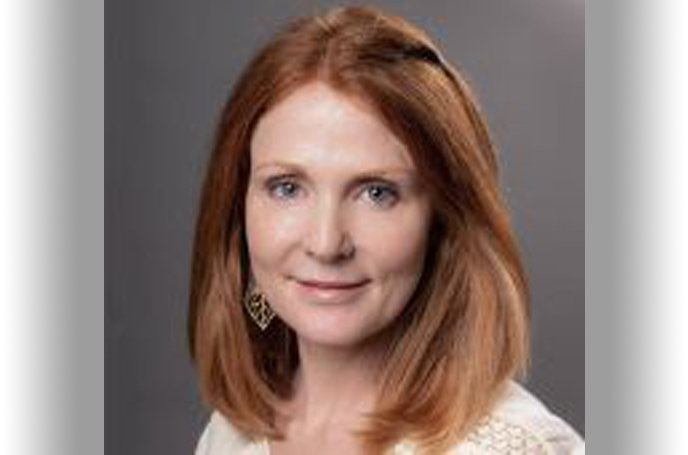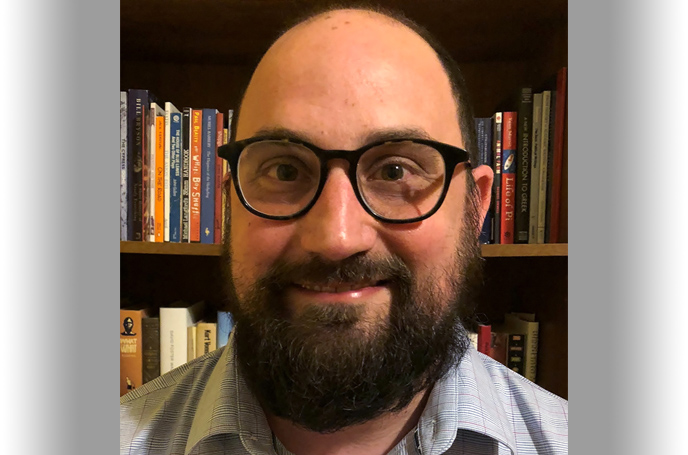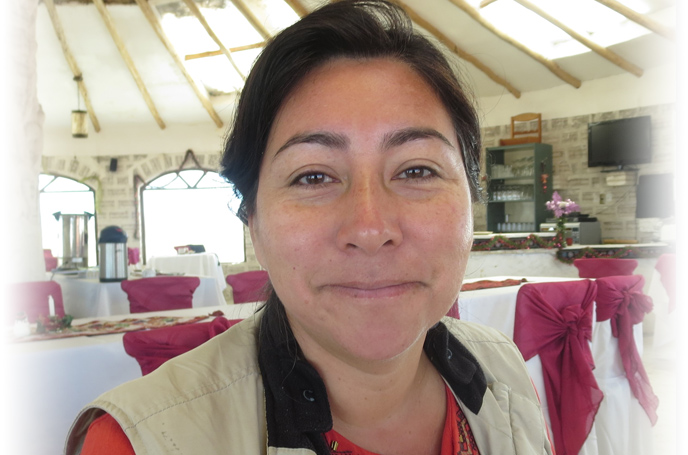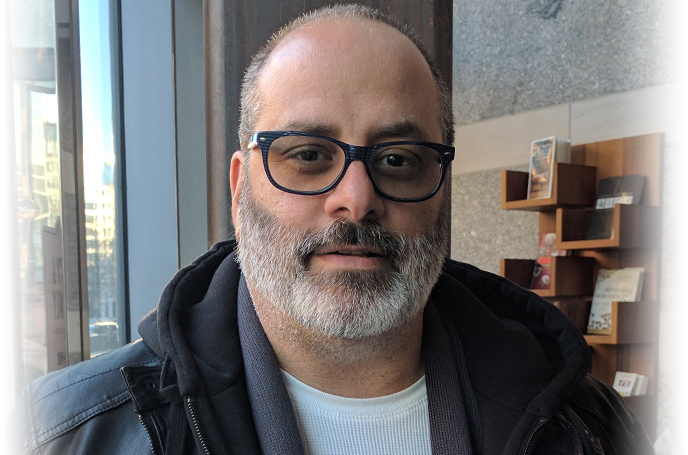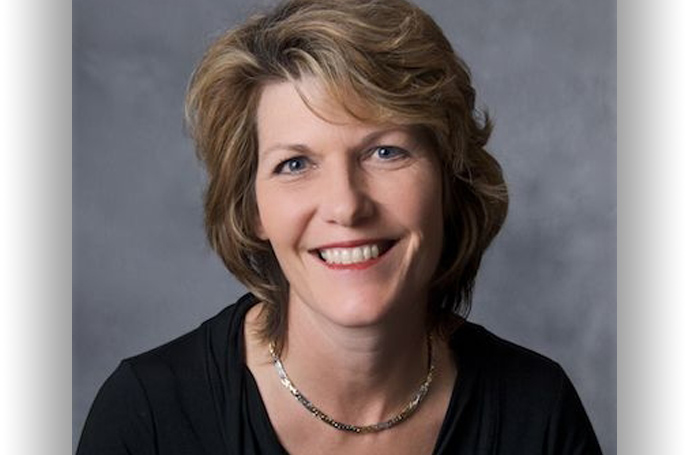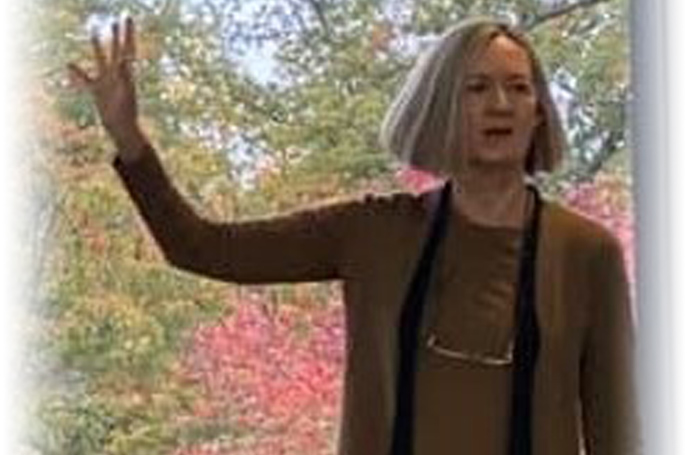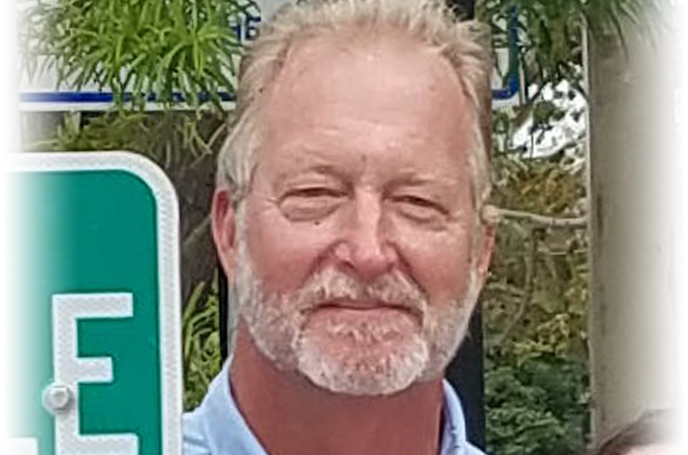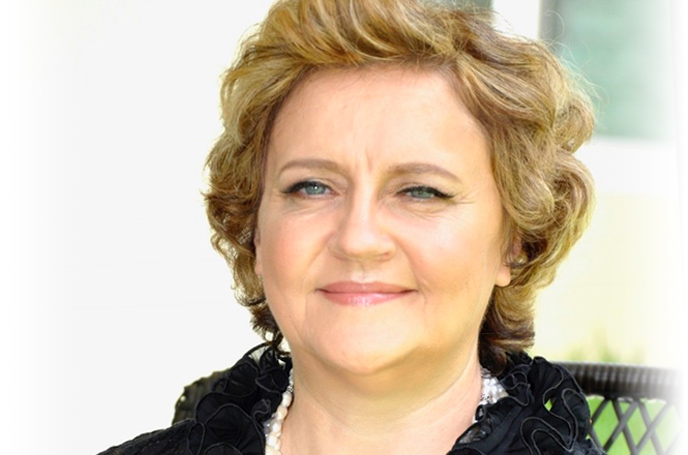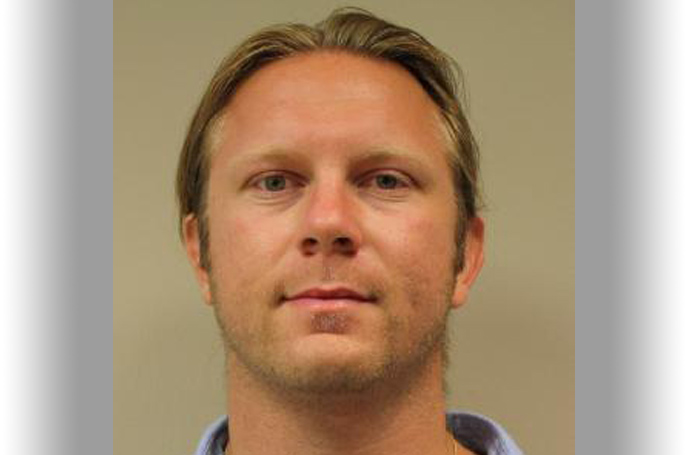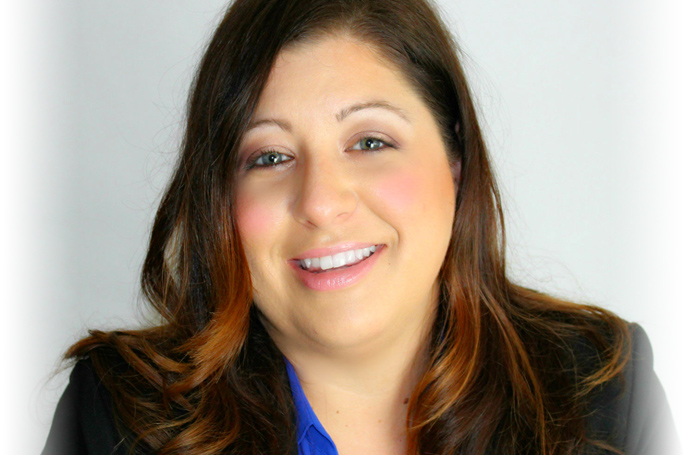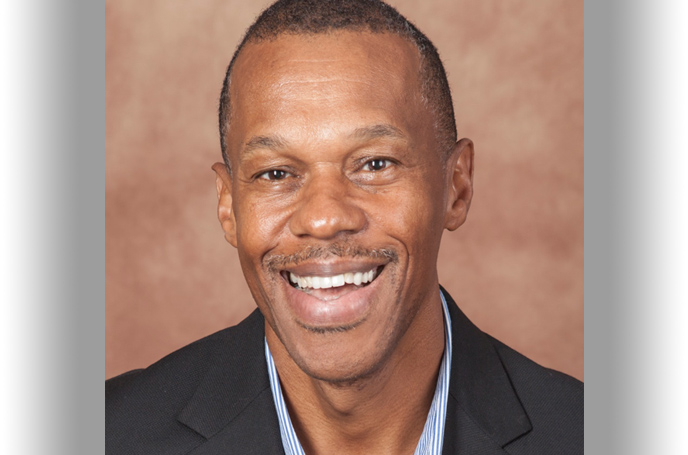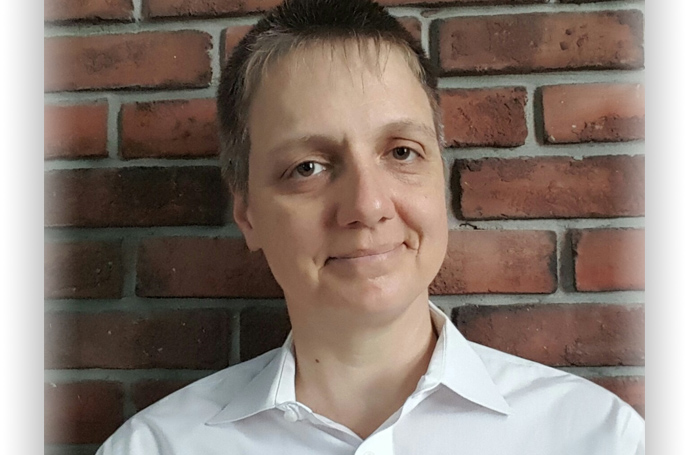UFF-UCF’s Chief Negotiator, Dr. Jennifer Sandoval, explores how identity impacts communication in complex contexts.
On March 21, UFF-UCF Chief Negotiator Dr. Jennifer Sandoval signed a memorandum of understanding (MOU) with the UCF Board of Trustees locking in our faculty bonus and raises, weeks before the rest of our contract will be finalized.
This MOU strategy – and the first multi-year faculty contract it will be part of – have never before been achieved from the UCF Board of Trustees. UCF’s Associate General Counsel and Associate Provost, Sherry Andrews, had to defend the agreement later before the BOT, citing the tone of recent negotiations as a reason to acquiesce to bargaining demands for faculty raises.
“There is something to be said for rewarding good behavior,” Andrews told the BOT. “I do think we have achieved most – not all but the vast majority – of our strategic objectives in this negotiation.”
So who is Dr. Jennifer Sandoval, and how did her negotiating tactics and “good behavior” lead to unprecedented progress for our faculty?
In the Shadow of the Law
It should come as little surprise that Sandoval is Associate Professor and Program Coordinator for Communication and Conflict in the Nicholson School of Communication and Media.
Born in Deer Park, California, Sandoval graduated cum laude from Pepperdine University with a bachelor’s degree in Organizational Communication, before earning her Masters Degree of Dispute Resolution from Pepperdine School of Law, and then her Ph.D. in Communication and Culture from the University of New Mexico, Albuquerque.
Before joining the UCF faculty in August 2011, Sandoval worked as a mediator, trainer, instructor, and consultant. Her career was building toward a law degree before a teaching job changed her professional trajectory.
“I performed a lot of small consulting firm work for years, where a lot of my contributions were about conflict,” says Sandoval. “It was interesting and I liked it fine, but I ended up teaching as an adjunct and loved that much more. I got my Ph.D. in culture and communication, instead of attending law school, in order to teach.”
Sandoval describes her master’s education at Pepperdine Law as being outside of the legal field, but “in the shadow of the law.” Her early work in labor and employment revealed how completely different California law is, compared to “right to work” states like Florida.
In California – where faculty members are automatically enrolled in their union – much of the energy and effort goes toward bargaining and contracts, and big issue campaigns, rather than recruitment and retention. Sandoval’s focus has been on building faculty bargaining strength through consistent, professional negotiations.
“My master’s in dispute resolution is a professional master’s degree in the law school, but it is often a stepping stone on the way to a law degree,” says Sandoval. “My experiences in California and as our previous Grievance Chair prepared me to be able to see the holes in the UFF-UCF contract.”
Life and Death Communication
Sandoval’s academic emphasis has grown to focus more on communicating differences in the context of sexual and reproductive health, a subject seemingly far away from conflict resolution. Sandoval currently teaches courses in interpersonal, intercultural, and gender communication. Her research focuses on the communication of the intersection of identity, bodily autonomy, and health policy.
She also works on community-based participatory research projects focusing on health in underserved and underrepresented populations.
“Health is ripe for conflict, so I kept coming back to this,” she says. “Even though my research is no longer about conflict, I still teach and manage communication and conflict because of this, and I began a greater degree of emphasis in the context of health.”
Sandoval says there is a distinct need for training and education and work to address communication needs in healthcare, where misunderstandings and cultural differences can often be a matter of life and death. She says working in complex contexts prepared her for the long process of negotiating, where patience, diligence, and persistence pay off.
“Some conflicts are more difficult. When we are in a high-stress conflict, we can’t always be the best version of ourselves. Now imagine being sick, having the stress of the healthcare context, and having to advocate for yourself while remaining calm and focused.”
No stranger to a fight, Sandoval’s experience makes her uniquely qualified to represent our faculty union at the bargaining table.
“In negotiations, people are intimidated by the process and the high stakes,” she says. “What works well for me is I’m used to that. That has been really helpful. I’ve been in this context frequently, so sometimes I’m stressed out about it, but most of the time I am confident in my ability to articulate the needs of our membership.”
Dr. Jennifer Sandoval will not be attending our UFF-UCF Contract and Cocktails Party on April 30 because she will be in Albuquerque, helping to unionize the University of New Mexico faculty. Learn more about Dr. Sandoval and the UFF-UCF Bargaining Team here.
